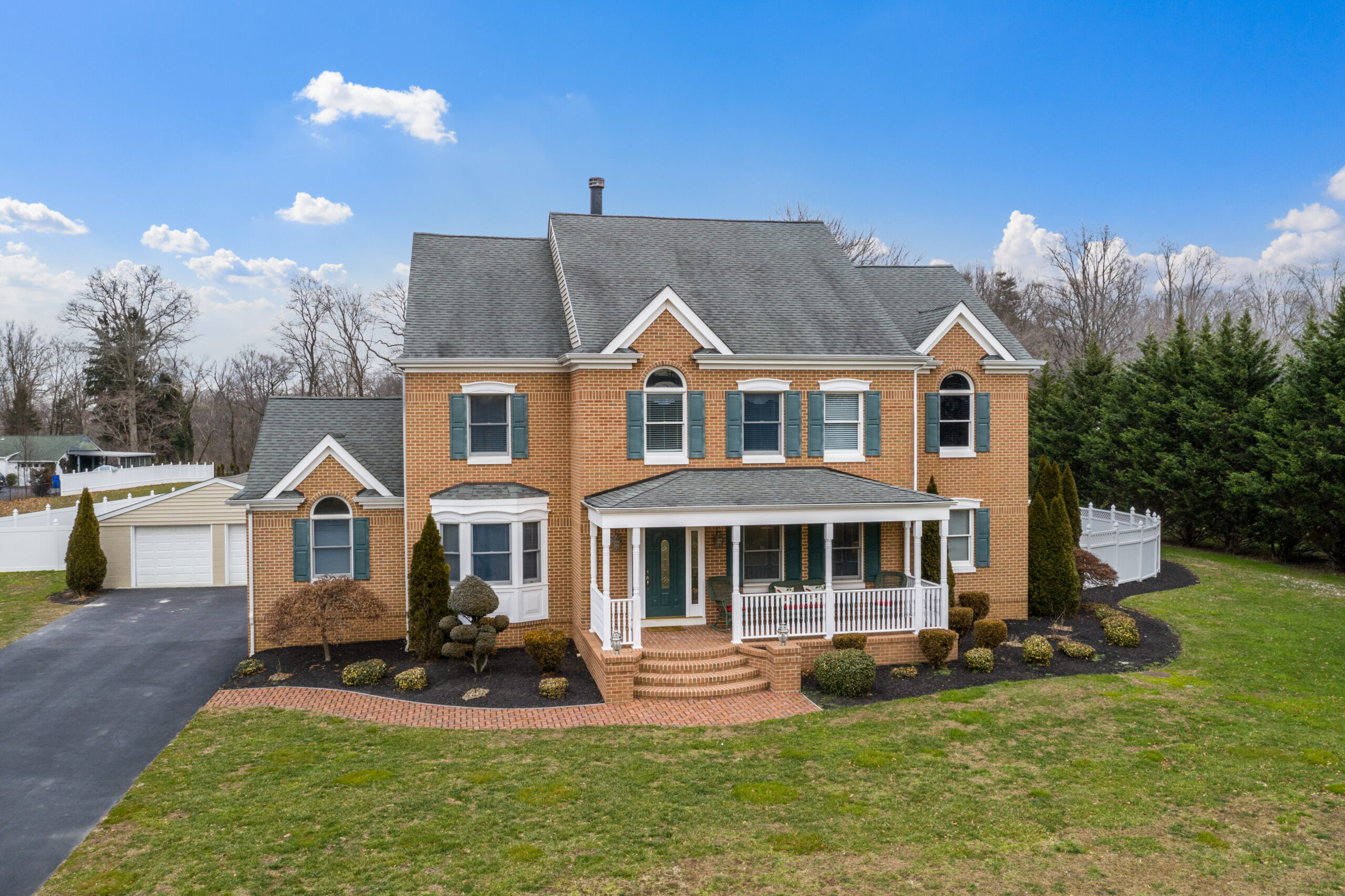A residential property is a building or land that is used for housing. This can include single-family homes, apartments, condos, townhouses, and mobile homes. Residential properties are typically owned by individuals or families, but they can also be owned by businesses or investors.
There are many different factors to consider when purchasing a residential property, including the size and layout of the home, the location, the amenities, and the price. It is important to do your research and compare different properties before making a decision.
Once you have purchased a residential property, you will be responsible for its upkeep and maintenance. This includes tasks such as mowing the lawn, shoveling snow, and making repairs. You may also need to pay property taxes and homeowners insurance.
Owning a residential property can be a great way to build equity and create a sense of security. It can also be a source of income if you rent out the property. However, it is important to remember that owning a property is a big responsibility.
Here are some of the benefits of owning a residential property:
- Build equity: Over time, the value of your property is likely to increase. This means that you will build equity in your home, which is the difference between the value of your home and the amount you owe on your mortgage.
- Create a sense of security: Homeownership can give you a sense of security and stability. You will have a place to call your own, and you will not have to worry about your rent going up or being evicted.
- Create a source of income: If you rent out your property, you can generate income that can help you pay your mortgage and other expenses.
Here are some of the drawbacks of owning a residential property:
- Responsibility: As a homeowner, you are responsible for the upkeep and maintenance of your property. This can include tasks such as mowing the lawn, shoveling snow, and making repairs.
- Costs: Homeownership can be expensive. In addition to the cost of the property itself, you will also need to pay property taxes, homeowners insurance, and maintenance costs.
- Risk: There is always the risk that the value of your property may decrease. This could happen due to a number of factors, such as a decline in the local economy or a natural disaster.
If you are considering purchasing a residential property, it is important to weigh the benefits and drawbacks carefully. Homeownership can be a great investment, but it is important to be prepared for the responsibilities and costs involved.
Here are some tips for purchasing a residential property:
- Do your research: Before you start looking at properties, do your research and learn as much as you can about the real estate market in your area. This will help you determine what you can afford and what type of property is right for you.
- Get pre-approved for a mortgage: Getting pre-approved for a mortgage will give you an idea of how much you can afford to spend on a property. It will also make the buying process go more smoothly.
- Work with a real estate agent: A real estate agent can help you find the right property and negotiate the best price.
- Be prepared to act quickly: When you find a property that you love, be prepared to act quickly. The housing market can be competitive, and properties can sell quickly.
- Inspect the property carefully: Before you buy a property, have it inspected by a qualified professional. This will help you identify any potential problems with the property.
- Don’t be afraid to negotiate: Don’t be afraid to negotiate the price of the property. The seller may be willing to lower the price if you are willing to make a few concessions.
Buying a residential property is a big decision, but it can be a rewarding one. By following these tips, you can increase your chances of finding the perfect property for you.






